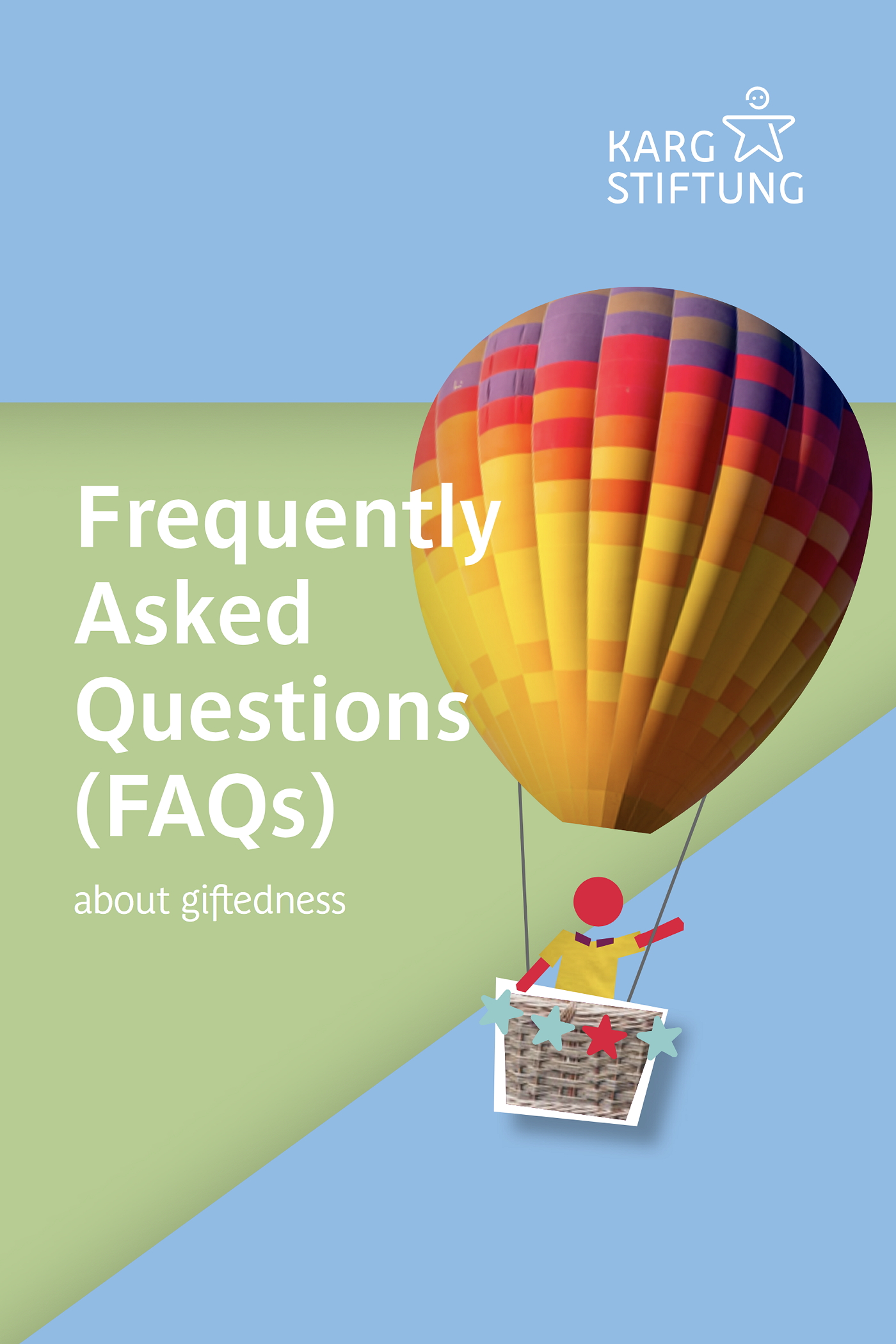Frequently Asked Questions (FAQs) about giftedness
When is intelligence testing appropriate?
Diagnostic testing is indicated when a specific question requires an answer in a particular situation and the test results can provide this information. For questions involving a child’s intelligence, intelligence tests are the tool of choice. These tests provide more accurate and reliable results than other methods of assessing intelligence, they can provide information on aptitude strengths, and they can predict relatively accurately how further achievement will develop. Typical reasons for intelligence testing include questions relating to a child’s suitability for early enrollment in school or for skipping a grade. Does the child’s intellectual ability meet the criteria for successful participation in the higher grade?
In many cases, various indicators will already be available by the time the question of providing specific support measures arises, for example, when a five-year-old child is already able to read or a school-age child is performing extremely well academically. Objective intelligence assessment by means of a standardized test is frequently recommended. At other times, the situation is less obvious, for example, when a child makes a very talented impression but still performs poorly in school. Thorough diagnostic testing is particularly valuable in such cases to provide the child with appropriate support.
Intelligence testing in adolescence can be used to identify the areas where a student possesses specific strengths or—by comparison—specific weaknesses. Being aware of one’s intelligence profile can be helpful to adolescent gifted students when making academic career decisions as well as choosing their courses of study. Also, several support organizations may require the results of intelligence testing before deciding whether or not to accept or admit children or adolescents into their programs.
Finally, the results of intelligence testing can also help extremely insecure gifted students gain clarity about their cognitive abilities. Thus, results of intelligence tests can provide very valuable information; however, even they should not be used as the sole basis for decision making, for example, on the school career trajectory, but should always be interpreted alongside other information, such as a person’s development to date.

